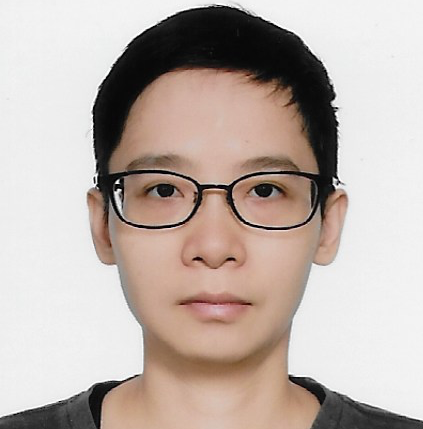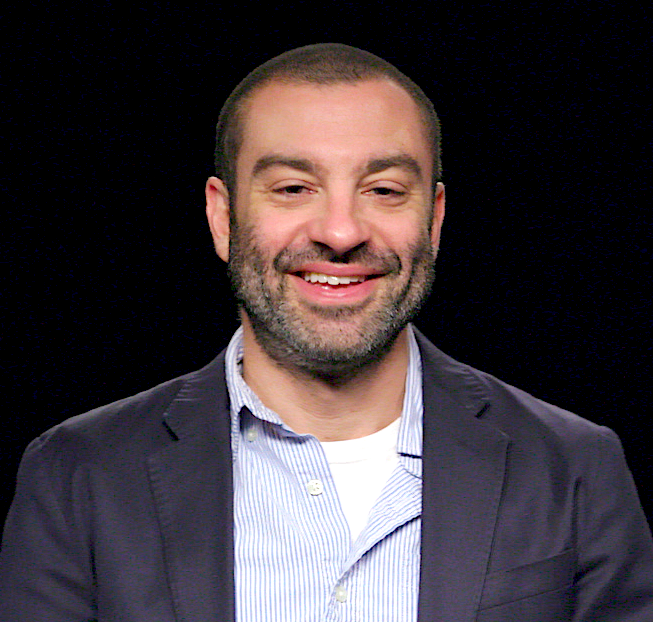MOSA Summer of Code | Part 1
Over the past five months, more than one hundred student participants have been busy at work during the MOSA Summer of Code. This hackathon, presented by the MCIT Online Student Association (MOSA), offered our graduate students an opportunity to engage with fellow classmates to build technical projects. Summer of Code participants spent the summer months collaborating in teams to develop technical projects of their choice using any programming language. Not only did participating students gain skills and knowledge by utilizing various technical tools; but they also developed tangible experience that can be featured on resumes and portfolios to enhance their qualifications.
Projects were required to fit within one of four hack themes:
| Themes | Description |
|---|---|
| SUSTAINABILITY | Projects that address sustainability issues such as climate change, waste reduction, energy conservation or in some other way contribute to a greener future |
| CIVIC | Projects that benefit local communities by improving civic engagement, providing access to public services, or improving public safety |
| MCIT ONLINE COMMUNITY | Projects that directly benefit the MCIT Online community by improving the student experience, supporting student organizations, or providing resources to help students succeed |
| GENERAL | Any other projects, encompassing a diverse range of themes, from web applications and mobile apps to machine learning algorithms and more |
To compete for cash prizes, teams needed to submit a video demo and project writeup by the end of the hackathon. Judges reviewed projects based on the following criteria: Technical Difficulty, Creativity, Presentation & Usability, Usefulness & Relevance. MOSA partnered with two members of our exceptional Penn Engineering Online faculty to judge the hackathon submissions:
Thomas Farmer
Program Director, MCIT Online
Senior Lecturer, Department of ESE & Department of CIS
Brandon Krakowsky
Lecturer, Department of CIS Research
Education Director, Wharton Customer Analytics
After careful consideration, six winners were selected to receive prizes. The full list of winners and project details are available for review via the MOSA Summer of Code overview page. Several Summer of Code participants offered their reflections on the hackathon and everything they’ve gained from the experience. Read on to learn more about the innovative projects they built and hear what they had to say about having the opportunity to advance their skills alongside their MCIT Online classmates.

Kris Stern
Current MCIT Online Student, Fall 2022 Cohort
Director of Operations, MOSA
Summer of Code Team: VeriCreds
“This has been my second year participating in the annual MOSA hackathon, called MOSA Summer of Code, as we adopted a long-form hackathon to allow for projects to be more fully developed unlike before. This is also my first year co-organizing the event with the rest of the MOSA Exec Board, the Fellowship / Social Committee, as well as the Education & Learning Committee. As a participant, it has truly been a very enjoyable experience, especially when weekly peer programming sessions and meetings allow me to learn much from my peers. On the other hand, as an organizer, it was delightful to see participants start from zero programming project experience [and grow] to someone who has a working prototype of a web application under their belt. It is through growing with the others, learning together through experience, mostly trials and errors, that true knowledge is gained. Such an experience can not be replaced by bookish knowledge or learning in the classroom.” – Kris Stern

Kevin Nguyen
Current MCIT Online Student, Fall 2022 Cohort
Summer of Code Team: Founding Friends
“I joined the MCIT program as part of the Fall 2022 cohort and this past summer, I had the privilege of creating a team and participating in the MOSA Summer of Code 2023 hackathon. Our team was inspired to develop an innovative solution aimed at enhancing the MCIT Online program’s overall experience. As we delved into the resources that the MCIT program had to offer, we recognized the pivotal role played by the global UPenn network in enriching the educational journey.
During our investigation process, we recognized that the online format posed unique challenges in fostering meaningful student interactions. It became evident that current students were predominantly using Slack as a platform to organize events, particularly through dedicated regional Slack channels. While Slack served as a functional solution, it proved suboptimal due to the absence of essential event organization tools and limitations in reaching a broader audience. External social platforms were also explored but presented challenges related to regional restrictions and a lack of a substantial UPenn student user base. In response to these challenges, our team embarked on a mission to create a centralized hub dedicated to event organization. Our goal was to alleviate the difficulties students faced when coordinating meetups in a digital realm, ultimately providing them with a more seamless and enriching experience. Thus, the creation of Founding Friends came to fruition.
Throughout the summer, we spent our time creating a UPenn-oriented platform for event coordination, networking, and career development. The web platform allows for creation of events curated for the UPenn online community. Each event contains a message board to discuss the upcoming event as well as a media platform to share pictures from the event between attendees. Furthermore, Founding Friends empowers users to create profiles that share their career journeys and aspirations, facilitating connections with like-minded individuals within the program.
In our pursuit of this vision, we employed a tech stack that combined Next.js and React.js as our framework, with Tailwind CSS and the Chakra UI library for frontend development. TypeScript served as the backbone of our project, aligning with standard web development practices. To bring our envisioned functionality to life, we delved into some intriguing technical implementations. On the backend, our platform integrates MongoDB and AWS Cloud Services. User profile details and event information reside in distinct MongoDB collections, while user-uploaded images are sent to an AWS S3 bucket, securely stored in the cloud. Leveraging libraries such as react-dropzone, we achieved a drag-and-drop functionality for photo uploads, while Luxon aided in precise date and timezone calculations. For login authentication, we utilized Next-Auth, ensuring that only UPenn SEAS Gmail account holders can access our platform.
I’d like to thank my teammates, Kyle Li and Bonnie Tse, for their remarkable support, patience, and hard work throughout the hackathon experience. These two people have made my UPenn experience all the more memorable. Additionally, I would like to express my appreciation to the MOSA staff for creating this platform for growth and development for UPenn students like us. This was my first time working on a full stacks project, and learning the languages, frameworks, and packages for each component presented as natural challenges. Mastering how to link frontend to middleware to backend was also a learning experience in itself. I am overall thankful for the opportunity that MOSA gave me, pushing me to engage in such a big project that at first glance would appear insurmountable if approached alone. This experience was unequivocally enriching, offering invaluable insights into project development and lifecycle management, while also providing me with a project that would significantly bolster my career pursuits.” – Kevin Nguyen
This is Part 1 of a 2-part series. Check back soon to read Part 2 with reflections and insights from additional Summer of Code participants!



